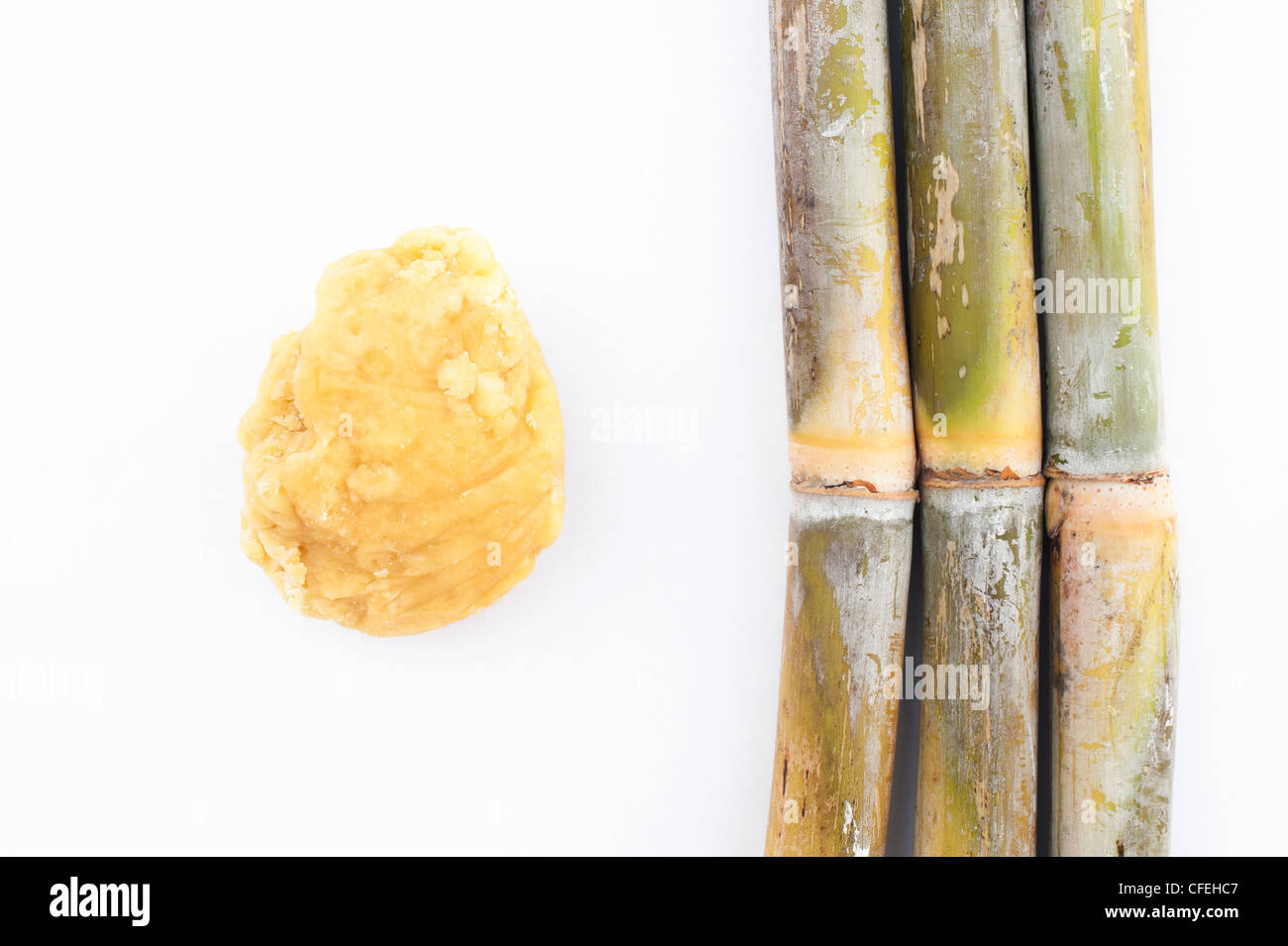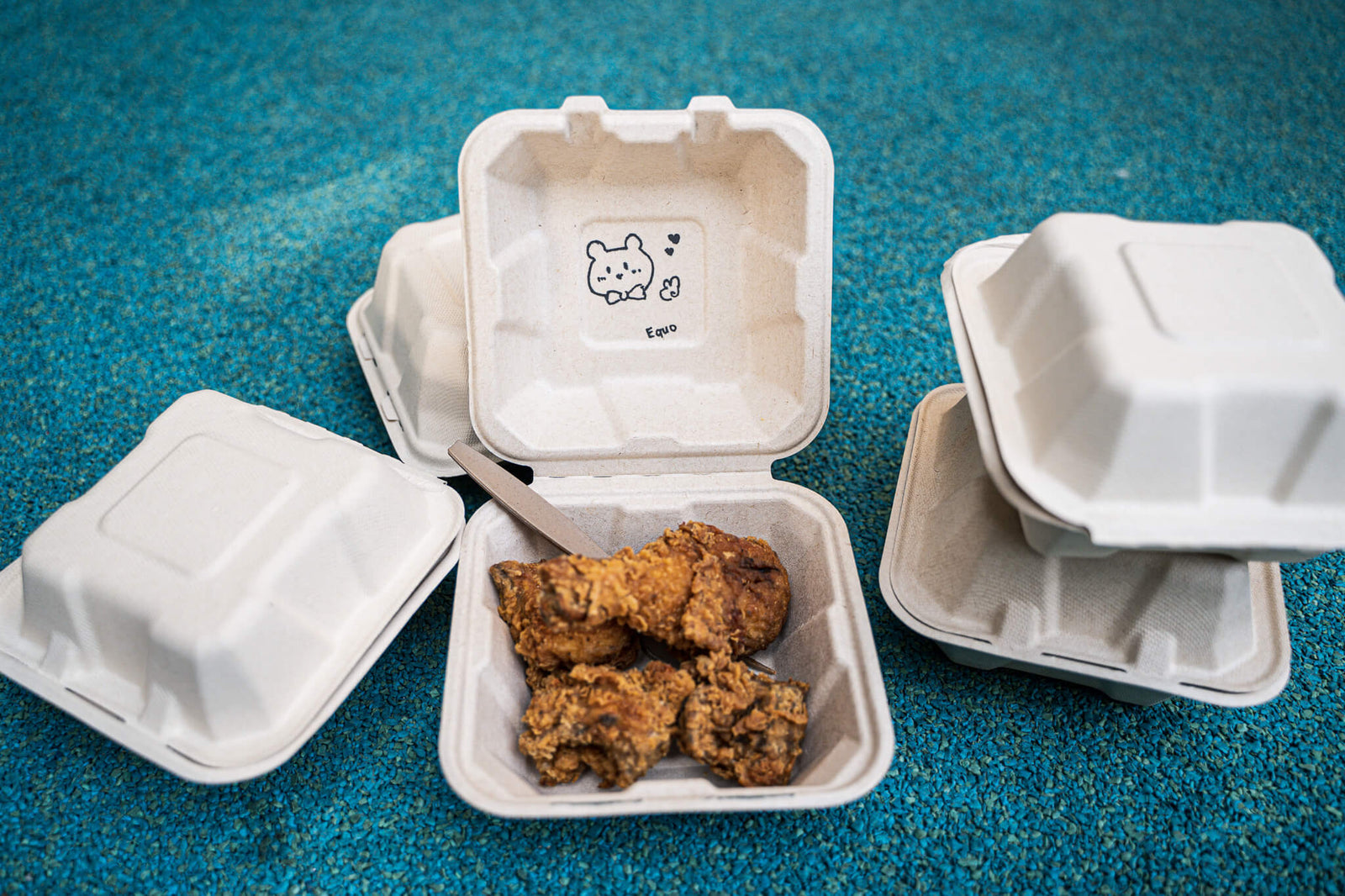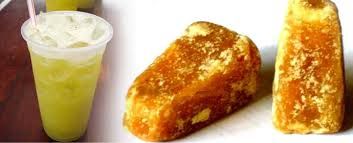Lasting Sugarcane Products: From Sweeteners to Eco-Friendly Product
The possibility of sustainable sugarcane items expands past traditional sweeteners to include a variety of environmentally friendly items, presenting a compelling instance for their integration into modern customer techniques - sugarcane product. As the globe faces pushing ecological issues, sugarcane becomes a flexible resource with the ability of dealing with both dietary demands and sustainability objectives. This discussion will explore just how technologies in sugarcane growing and processing can lead to substantial improvements in biodegradable product packaging and eco-conscious fabrics. What implications might these growths have for future consumer choices and ecological impact?
Summary of Sugarcane Sustainability
As the need for eco friendly items expands, comprehending sugarcane sustainability comes to be increasingly vital. Sugarcane, a versatile crop, is grown primarily in exotic and subtropical regions, and its sustainability is vital for both environmental health and wellness and financial viability. Sustainable sugarcane farming techniques focus on reducing eco-friendly impact while optimizing performance and success.
Secret facets of sugarcane sustainability consist of efficient land use, minimized chemical input, and boosted water management. Practices such as crop rotation, integrated bug monitoring, and natural fertilization contribute to soil health and wellness and biodiversity. Furthermore, cutting-edge modern technologies, such as accuracy agriculture, help optimize resource use and decrease waste.
Additionally, sugarcane is a sustainable resource, with spin-offs that can be used in different markets, from biofuels to eco-friendly plastics, therefore lowering dependence on fossil gas and lessening carbon impacts. Qualifications like the Bonsucro standard encourage sustainable practices throughout the supply chain, advertising openness and responsibility.

Sugarcane-Based Sugar
Utilizing sugarcane as a key resource, sugarcane-based sweeteners have acquired importance as all-natural alternatives to synthetic sweeteners and polished sugars (sugarcane product). These sweeteners, derived from the removal and processing of sugarcane juice, offer an array of products that provide to varied consumer choices, including natural and minimally processed options
Raw cane sugar maintains more of the natural tastes and nutrients found in sugarcane, making it a preferred selection for health-conscious consumers. Panela, a typical Latin American sweetener, is created by vaporizing sugarcane juice, preserving its natural minerals and vitamins.
The expanding demand for sugarcane-based sweeteners is driven by raising awareness of health and wellness and sustainability concerns connected with traditional sugar. By choosing sugarcane-derived items, customers not only support sustainable farming techniques but likewise add to a much healthier lifestyle, aligning their dietary selections with their ecological values.
Biodegradable Packaging Solutions
Becoming a sensible alternative to conventional plastics, naturally degradable product packaging remedies stemmed from sugarcane are changing the packaging industry. These innovative materials offer an environmentally pleasant option that addresses the growing problems over plastic pollution. Utilizing the all-natural sugars discovered in sugarcane, makers are establishing different forms of eco-friendly product packaging, including films, containers, and wraps that disintegrate a lot more rapidly than traditional plastics.
The main benefits of sugarcane-based product packaging depend on its renewable sourcing and its capacity to damage down right into safe by-products. Unlike fossil fuel-derived plastics, which can continue in the environment for hundreds of years, sugarcane product packaging typically decomposes within a couple of months under correct problems. This reduction in waste not only minimizes land fill overflow yet likewise decreases the carbon impact related to product packaging materials.
Moreover, sugarcane-derived product packaging preserves robust efficiency attributes, providing comparable durability and capability to traditional choices. As consumers and businesses significantly prioritize sustainability, the adoption of eco-friendly packaging remedies stands for a significant step towards a round economy, where products are reused and restored instead of thrown out. This shift not just improves brand name picture yet likewise adds to a much more lasting future for the world.
Eco-Friendly Textiles and Fabrics
Eco-friendly textiles and textiles are acquiring grip in the fashion and home products industries as consumers significantly demand lasting options to traditional products. Among the noteworthy alternatives are fabrics stemmed from sugarcane, which use an environmentally accountable choice to synthetic fibers. These fabrics are generated through a procedure that makes use of the renewable resources located in sugarcane, significantly minimizing dependence on petroleum-based materials.

Brand names are significantly integrating environmentally friendly textiles right into their line of product, mirroring a more comprehensive dedication to sustainability. This change is not just a trend but a necessary evolution in reaction to environmental issues. As the market for sustainable textiles broadens, consumers can look ahead to ingenious styles that integrate style with ecological responsibility. Ultimately, environmentally friendly textiles and fabrics represent a substantial action towards minimizing the garment industry's environmental footprint while accommodating the expanding need for accountable consumer choices.
Developments in Lasting Farming
Revolutionizing farming methods, innovations in lasting farming are transforming the means plants are grown and taken care of. These developments concentrate on lessening environmental influence while making best use of effectiveness and productivity. Methods such as precision farming utilize information analytics and satellite imagery to enhance resource usage, ensuring that water, plant foods, and pesticides are applied just where needed. This targeted strategy not only lowers waste but additionally enhances plant returns.

In addition, agroecology, which integrates ecological principles right into farming, advertises biodiversity and dirt health. Practices such as crop rotation, cover cropping, and intercropping foster durable ecological communities that can withstand insects and visit the website climate variants - sugarcane product. In addition, the usage of natural plant foods and biopesticides adds to healthier soils and ecosystems

With each other, these advancements are not only reshaping the farming landscape yet likewise contributing to a more sustainable future for sugarcane and various other crops, lining up farming experiment environmental stewardship.
Final Thought
Lasting sugarcane products stand for a substantial advancement in eco-friendly choices, extending from natural sweeteners to eco-friendly products. The cultivation of sugarcane through lasting methods not only boosts environmental health yet likewise adds to financial practicality. As consumer choices increasingly lean in the direction of sustainable options, the convenience of sugarcane as a sustainable resource ends up being progressively relevant. This trajectory emphasizes the significance of ongoing advancement and commitment to sustainable practices within the sugarcane market, fostering a much more lasting future.
The potential of sustainable sugarcane items expands beyond standard sugar to encompass a variety of green goods, providing an engaging instance for their integration into contemporary customer techniques. Sustainable sugarcane farming practices focus on lessening eco-friendly impact while making the my website most of efficiency and productivity.
Lasting sugarcane items represent a significant improvement in green choices, extending from natural sweeteners to biodegradable goods. The cultivation of sugarcane through sustainable practices not only improves environmental health however likewise contributes to economic practicality. As consumer helpful site preferences increasingly lean towards lasting alternatives, the convenience of sugarcane as an eco-friendly source becomes progressively appropriate.